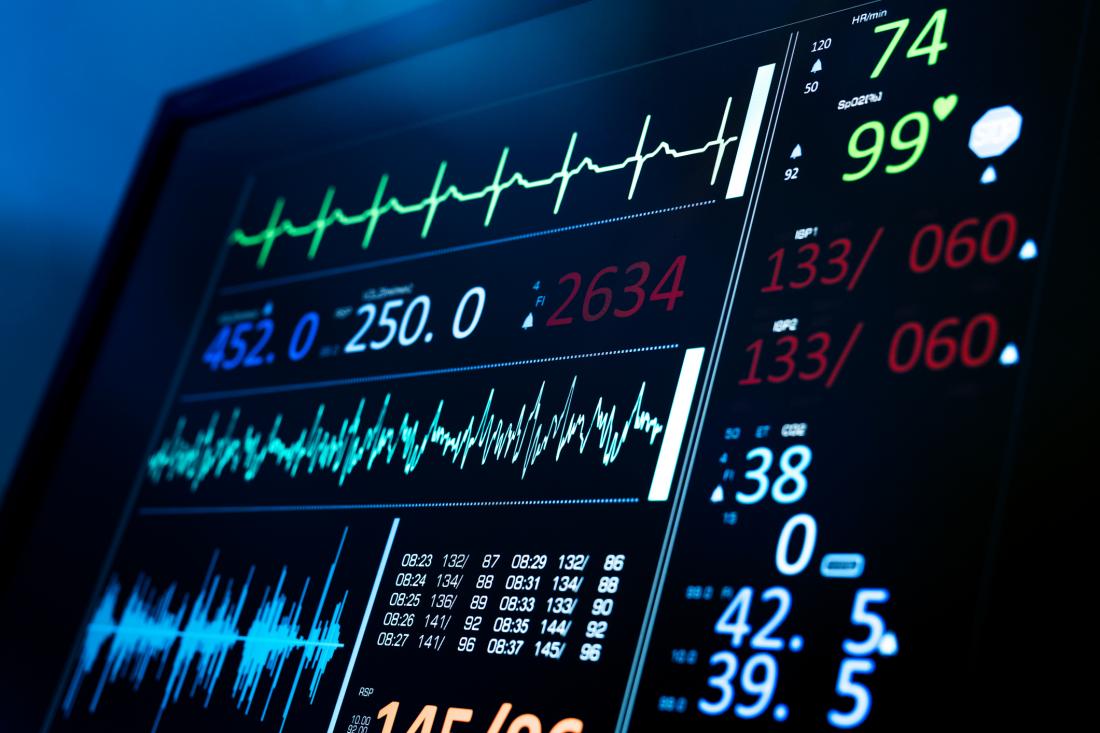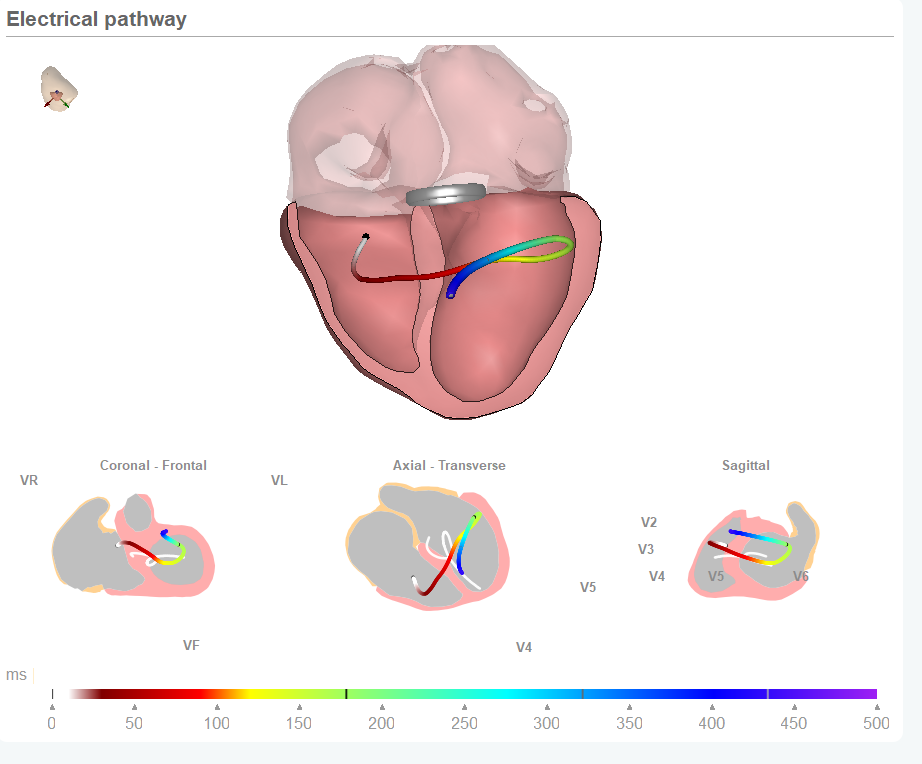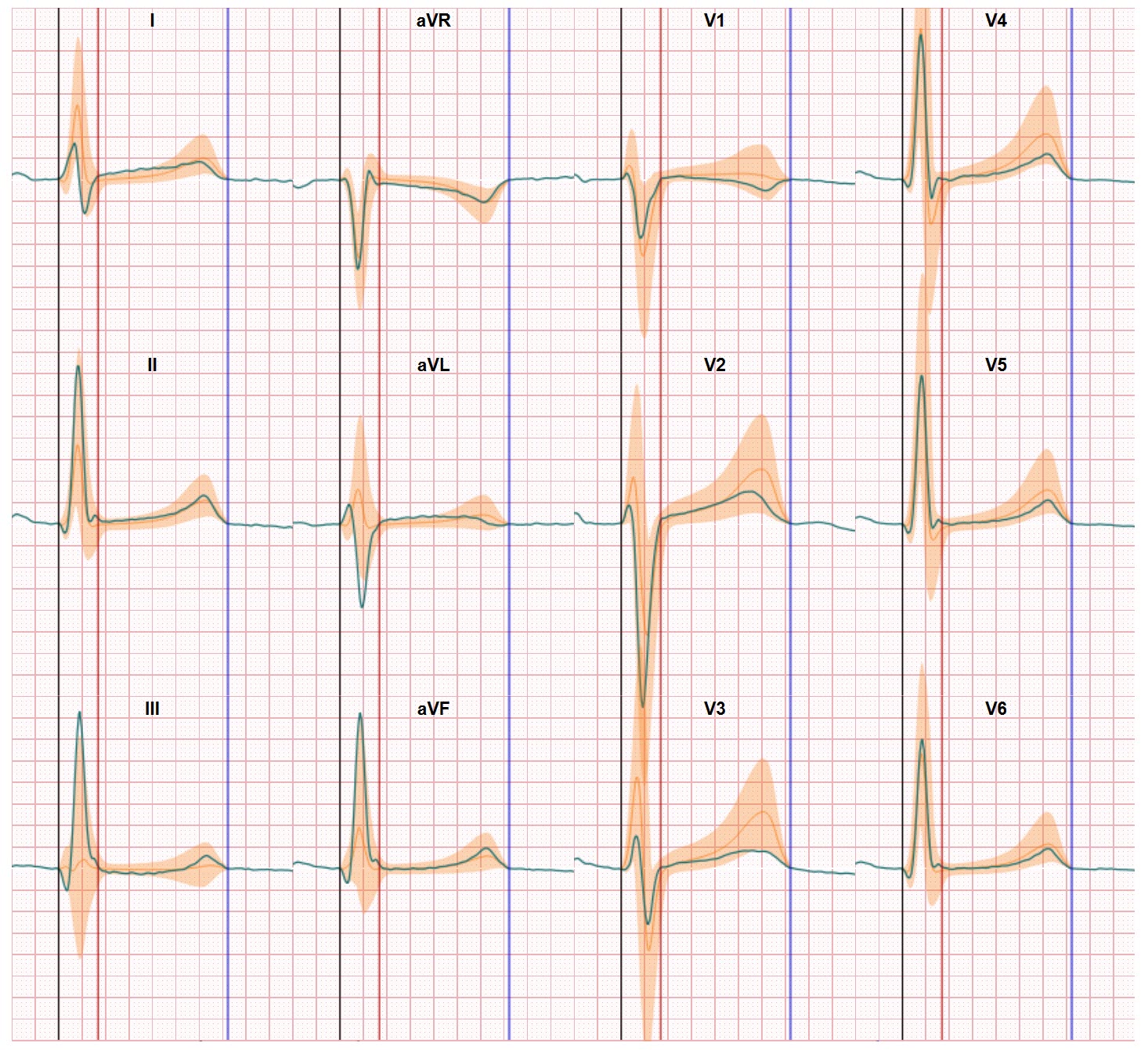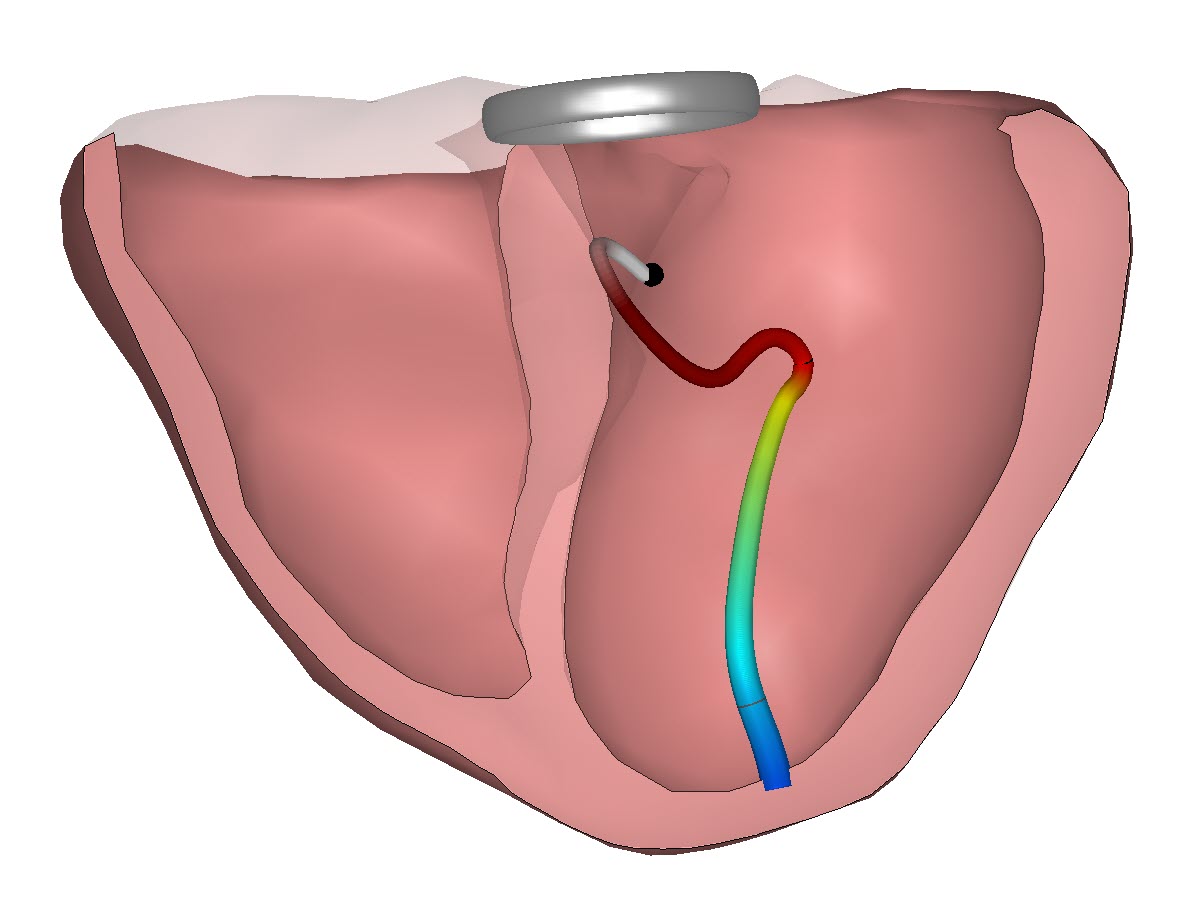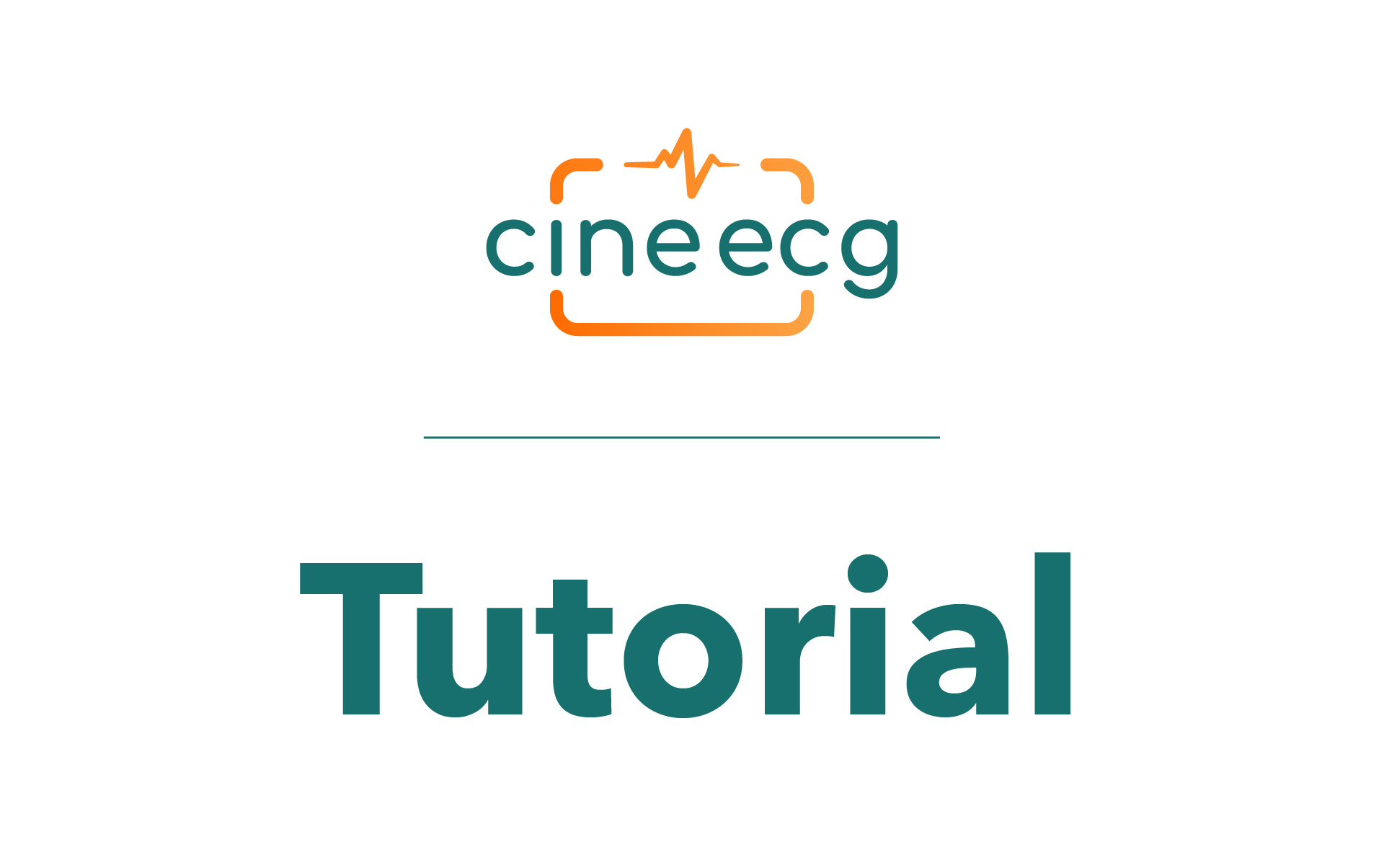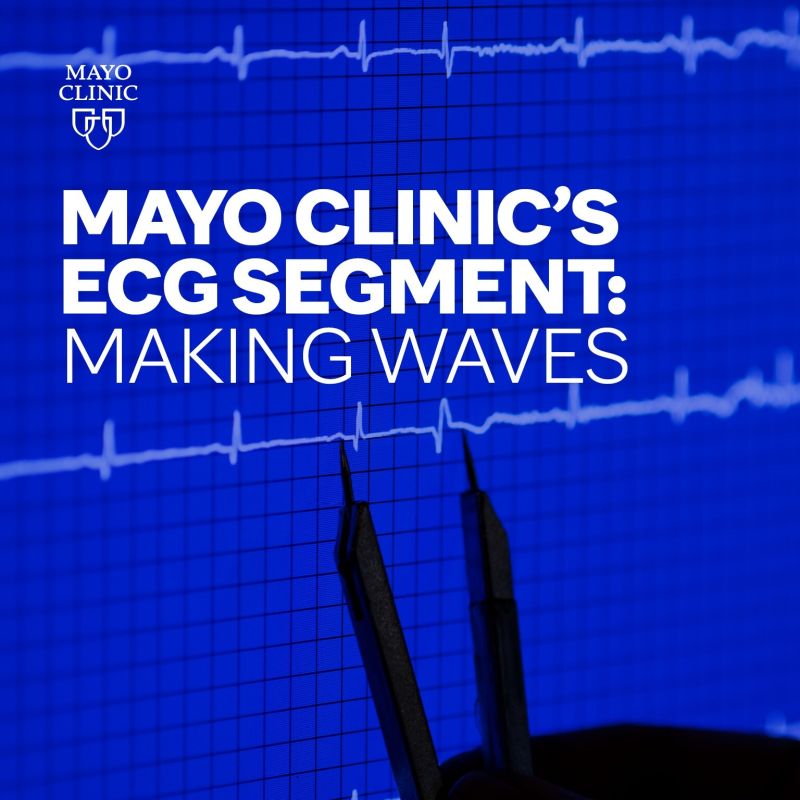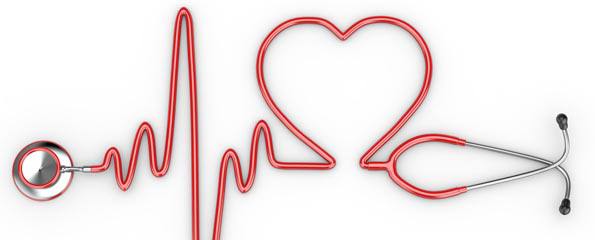Artificial intelligence-based ECG analysis is a hot topic in cardiology. There’s a growing number of applications being developed and even offered in the market which are labeled “AI-based”. Which is not strange since for a decade or so, there’s been a tremendous amount of research on the application of artificial intelligence in medicine. And ECG’s may be a very fruitful playground for developing new solutions in ECG interpretation.
There’s still a small number of experts active in this domain but the work is gaining more and more attention. One of these experts is Dr. Allen Kennedy. He has started his own company some years ago and is active in what he calls device agnostic ECG interpretation.
In a recent interview with Dr. Anthony Kashou of Mayo clinic he elaborated on his research which we like to highlight in this blog.
A key question is how Artificial intelligence-based ECG analysis differs from ECG interpretation software which is embedded in the ECG devices.
One of key differences Kennedy mentions is that this embedded software is tailored to the hard- and software specifications of the device. Capturing electronic signals with electrodes creates noise and this noise needs to be filtered and calibrated. And the modules within the software also deliver specific steps in the process besides noise filtering. For instance ECG waveform analysis is related to identifying the ‘turning points’ in the continuous data flow which is the ECG registration. And this may differ per ECG device brand. This may be one of the reasons different ECG devices deliver different output results.
Artificial Intelligence-based ECG analysis is probably capable of improving ECG interpretation because this approach limits the dependence on the ECG device specifications. Allen Kennedy calls this device agnostic ECG interpretation. And this approach may help physicians to make better decisions but in his opinion will not replace physicians since their assessment is based on much more data than the ECG alone.
The middle ground between classic and Artificial Intelligence-based ECG analysis
But Artificial Intelligence-based ECG analysis is probably not the ultimate solution to address all the limitations of ECG interpretation. Dr. Kennedy suggests physicians can only be supported this way and he’s right in our opinion. And we even think the limitations of the traditional ECG interpretation find their base beyond the already mentioned hard-and software issues. The fundamental challenge with ECG is still the interpretation of a 2 dimensional parameter (potential difference between two locations on the body over a period of time) regarding an actual 3 dimensional process of electrical heart activation. And in every simplification lies the risk of losing valuable data. Let alone the challenge of a mental exercise of converting the 2D data by the physician. Our observation is that heart rhythm analysis and arrythmia detection can benefit (and already does) from applying AI. But ECG waveform analysis and AI still does not result in a superb synergy. This is why our team is focusing on the middle ground solution. By relating the ECG data to the heart anatomy we support ECG interpretation in another approach. And interesting enough we may also have found a way to further improve Artificial Intelligence-based ECG analysis.
